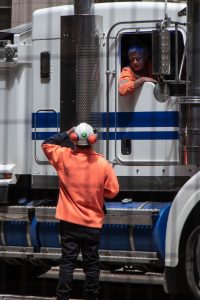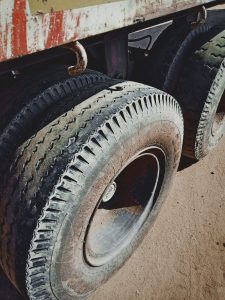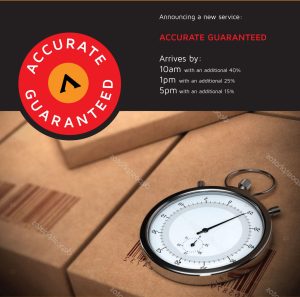Estimated reading time 4 minutes 23 seconds
Hauling a big rig burns more fuel than you think. That’s in addition to the initial expense of filling the tank.
The more you spend on fuel, the more it costs to transport goods, the more it cuts into profits, the more your customers are charged, and the less happy they are.
Besides, it’s always a good idea to keep costs at a minimum and reduce waste.
Although you can’t avoid fueling your trucks, there are ways to reduce costs.
Ten tips for getting more gas mileage for your trucks:
Faster isn’t better
Sitting for hours on the road can seem endless. However, speeding doesn’t decrease your trip time much. It may seem to increase your performance on logistics, but it doesn’t. The difference between every ten mph decreases as your speed increases. Going from 80 to 90 mph will only save you five minutes, and going from 40 to 50 mph will save you nineteen minutes.
Not only doesn’t it save you time, but speeding also burns more gas. You don’t get to your destination quicker and burn extra fuel. Save on gas and slow down.

Lay off the brakes
Instead, use brakes appropriately. Aggressive driving burns excess fuel when you step on the gas and immediately break on congested roads. Every time you give more gas, you burn more fuel.
A practical alternative to breaking and stopping would be to avoid a safe distance from the vehicle ahead of you. This will allow you ample time to slow down should you need to.Idling for a few minutes burns more fuel than turning on the engine. Not only does idling waste fuel, but it also adds to the wear and tear of the vehicle’s engine.

Keep your LTL freight truck in shape
For optimal performance, LTL shippers and trucks need to be in top shape. Any misalignment, clogged filters, or defective sensors will cost wasted fuel. Additionally, it is important to remember your oil change and preferably synthetic oil. Pushing off an oil change isn’t a wise business decision, even for another run.
One way to keep your vehicle in perfect condition is by implementing ongoing maintenance on all your trucks.
Fill it almost up
Contrary to what you’ve always believed, topping off your tank with extra gas is wasteful. The gasoline will expand when your tank heats up, such as while driving. This causes an overflow, and besides it possibly leaking into the truck, causing damage, you just spent money on gas that got wasted. Overfilling your tank is not suitable for your logistics trucking needs. Fill what you need.

Man with a plan
One of the best ways to maximize anything is with proper planning. This is true in the trucking industry for LTL shippers, especially when looking to save on fuel. Plan your route correctly for the most fuel-efficient journey. Things to avoid are steep inclines on the road. Another thing to remember, even in last-mile delivery, is smartly planning your route to reduce fuel consumption.
Steady wins the race
Engage your truck’s cruise control feature. The more steady your speed, the less fuel you burn. When you don’t use cruise control, you’re giving gas.
Chill less
While cruising down the highway, running your truck’s air conditioning won’t decrease your gas miles per gallon. However, running the air conditioning will burn more fuel when navigating the roads on local street speed limits. Therefore, when you’re not operating at a speed of fifty miles per hour or above, it’s best to shut the air conditioning and roll down the windows.
Proper pressure
Train your drivers in checking their tires for proper pressure. This is important because a slightly deflated tire can result in a reduction in fuel efficiency by ten percent. The same applies to overinflated tires. Therefore, it’s important to make sure your tires aren’t too full or lacking. We want the tire pressure to be just right for optimal fuel economy.

Keep the load off
Keep your trucks free of unnecessary weight and maximize fuel efficiency. The more weight logistics trucking carries, the more fuel it burns per mile. Therefore it’s imperative to unload and conduct periodical truck spring cleanings. If your truck has roadside assistance, eliminate keeping spare tires and similar items in the truck at all times.
All these tips are great. However, it’s only valuable if properly implemented. Conducting training sessions with your truck drivers and encouraging them to get the most out of their fuel mileage is bound to save your company money just by being conscious about habits. It’s so simple. Why not make an effort? Hear more if you’re looking for a career with a company that cares.


